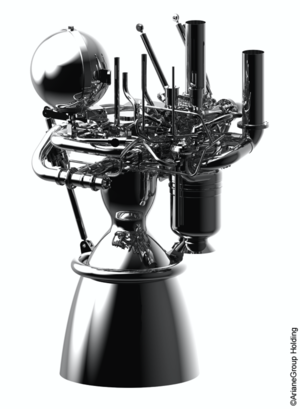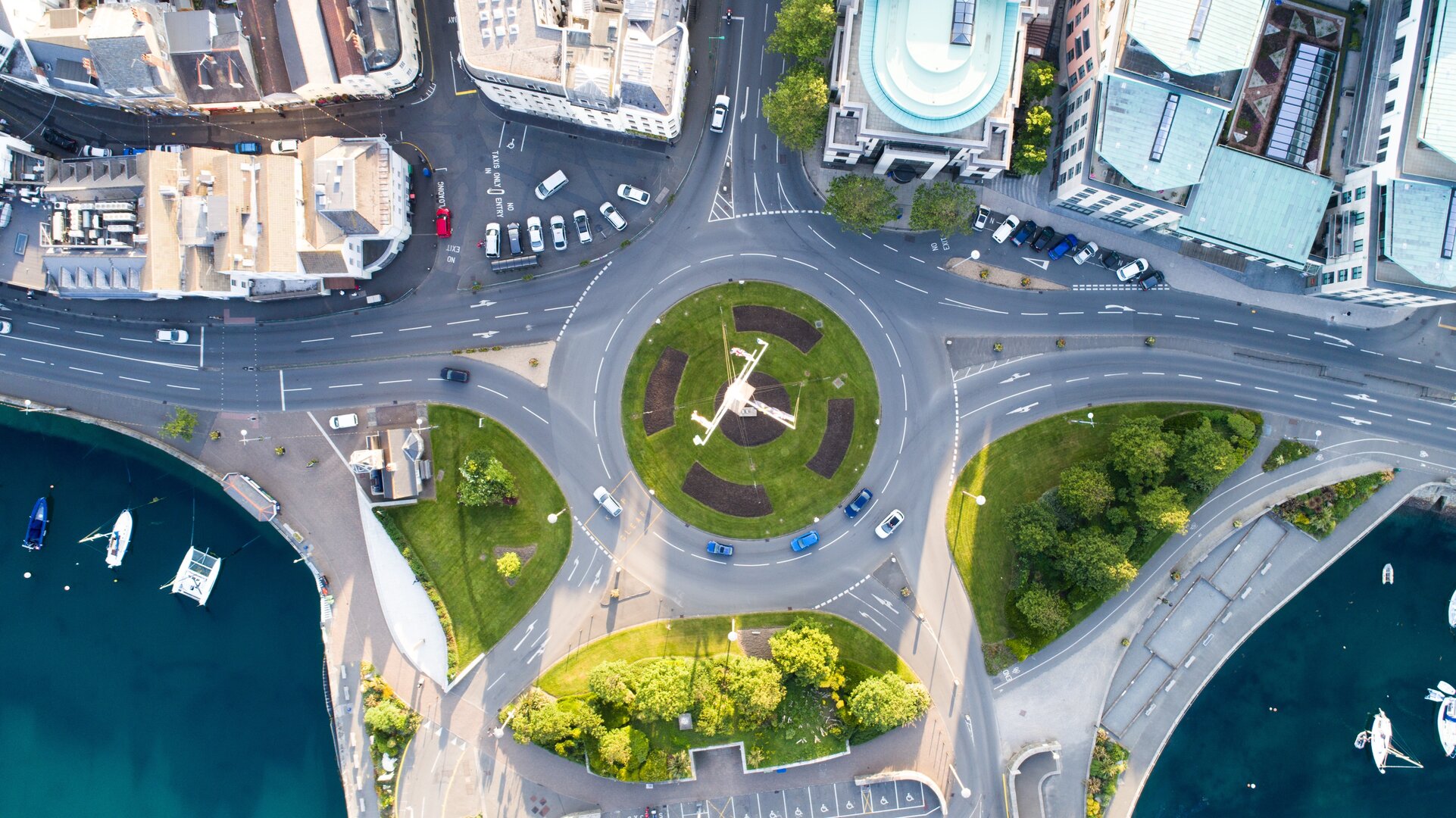Space to help build a green post-pandemic economy
Space technologies and satellite applications are poised to power green economic development in Europe in the coming years, creating jobs and boosting prosperity.
ESA has several green initiatives to foster economic recovery from the coronavirus pandemic while promoting clean living and digital transformation. They seek to use disruptive technologies to transform urban green areas, improve air quality and offer space-based services for marine energy.
The agency is also planning to use space and 5G technologies to enable intelligent transport services. In smart cities, circularity can be enhanced by using space technologies to support public transport shifts towards zero carbon emissions and the dynamic mapping system of roads and traffic signals.
“I strongly believe that remote sensing and further smart technologies will help humanity to fix the live-threatening impacts from climate heating and biodiversity loss,” says Alfred Schumm, Director of Innovation, Science and Technologies at the World Wide Fund for Nature in Germany.
“Time is running out and actions are a must. Soon we will be able to monitor indicators for a sustainable economy, so that society will be able to take informed decisions for the benefit of nature and people.”
Following the pandemic-induced economic crash, the European Commission proposed a major recovery plan that incorporates an earlier initiative called the Green Deal, which aims to make Europe carbon neutral by 2050, alongside an effort for digitalisation transformation.
In response, ESA is inviting companies to start work on initiatives that will ignite the European economy while promoting green development and supporting the shift to digital services. It is offering financial and business support to entrepreneurs and small and medium-sized businesses to bring their ideas to market.
The initiatives cover areas ranging from energy efficiency to responsible agri-tech, from smart buildings and the management of urban green spaces, to transportation and restoring biodiversity.
ESA is working with the Mirpuri Foundation, which supports sustainable development. “At the Mirpuri Foundation, we believe in the power of innovation and technology, working towards a more sustainable future. As partner of ESA, we can only praise its green initiatives and hope that they will ultimately generate a positive impact on the planet,” says Ana Agostinho, its Head of Public Relations.
For example, satellites applications can be used to help plan, monitor, predict and improve renewable energy production, especially when complemented by artificial intelligence, the internet of things and remotely piloted aircraft systems.
Green construction can make use of space-based data and internet-of-things sensors to locate new buildings in ecologically safe zones, conserve energy, reduce the heat island effect and support green renovations.
Digital technologies, satellite navigation and satellite communication can improve smart mobility and logistics services, and help develop versatile transport plans improving air quality and energy efficiency.
Finally the “Farm to Fork” programme, enabled by satellite navigation, can enhance supply chains and reveal the origins of food to consumers. Satellite applications can improve responsible food production, prevent waste and food loss, and aid sustainable food processing and distribution.
Ernesto Ciorra, Chief Innovability Officer at the Enel energy group, says: “Partnering with ESA gives Enel the opportunity to further boost the energy transition, by unlocking the tremendous value that can be generated through the application of space technologies in the energy sector.
“We are committed to addressing what we call ‘global innovability challenges’. We will keep on striving for our planet, that’s why we want our network of partners to be composed of innovative, sustainable and open-minded members.”
Rita Rinaldo, Head of the Partner-led and Thematic Initiatives in ESA’s Downstream Business Applications Department, said: “Over the past decade, ESA has initiated about 90 activities that relate to the EU’s Green Deal objectives. This represents an investment by National Delegations of more than €40 million, which doubles if industry’s contribution is considered.
“ESA is well placed to use space to promote green growth in Europe and beyond, thanks to the extended network of partners that we have established, from Municipalities, to corporate networks, industrial associations and foundations active in the green economy. Entrepreneurs and small and medium-sized enterprises can access financial and business support to bring their ideas to market. We look forward to working with our partners, industry and other stakeholders to revitalise the European economy.”















 Germany
Germany
 Austria
Austria
 Belgium
Belgium
 Denmark
Denmark
 Spain
Spain
 Estonia
Estonia
 Finland
Finland
 France
France
 Greece
Greece
 Hungary
Hungary
 Ireland
Ireland
 Italy
Italy
 Luxembourg
Luxembourg
 Norway
Norway
 The Netherlands
The Netherlands
 Poland
Poland
 Portugal
Portugal
 Czechia
Czechia
 Romania
Romania
 United Kingdom
United Kingdom
 Slovenia
Slovenia
 Sweden
Sweden
 Switzerland
Switzerland

























